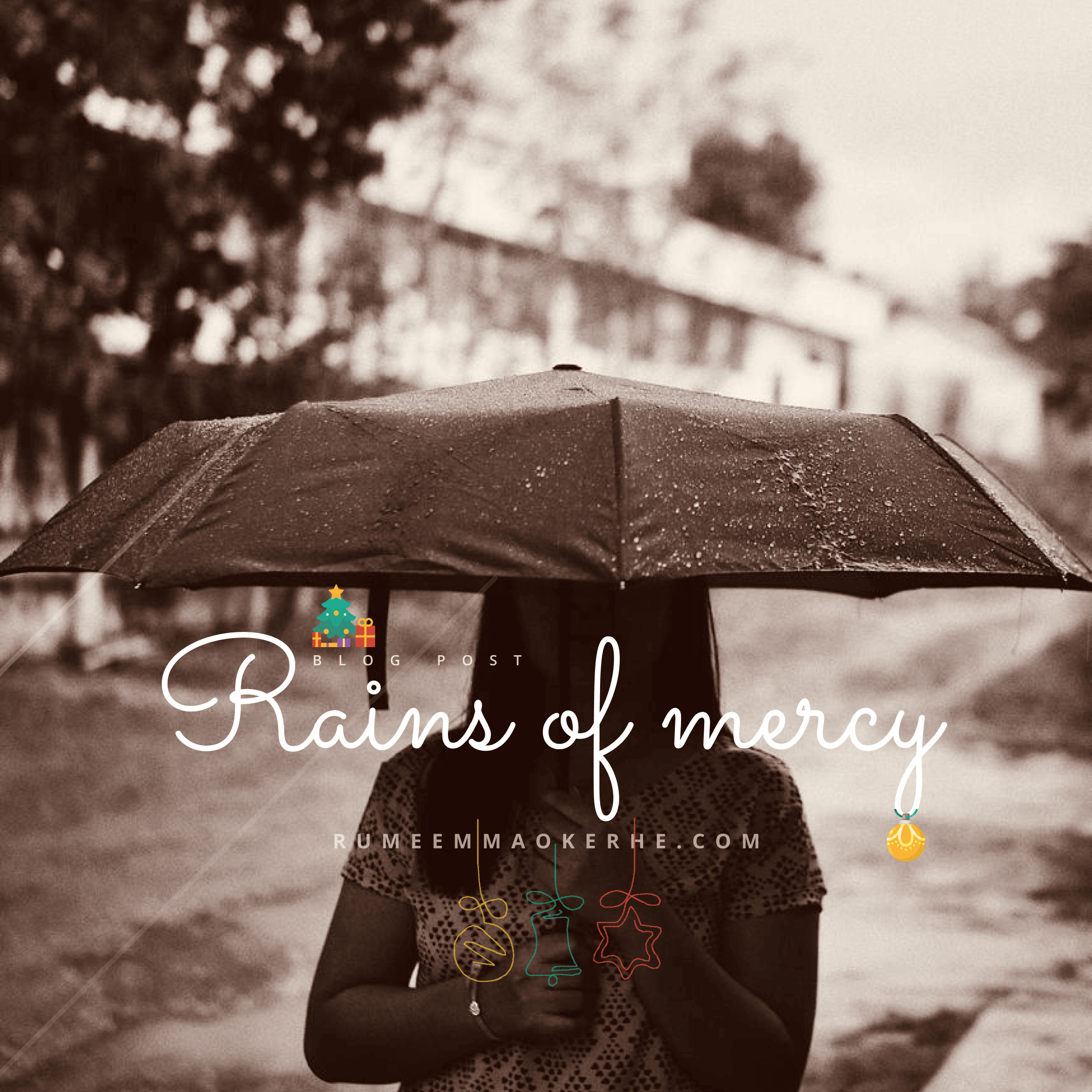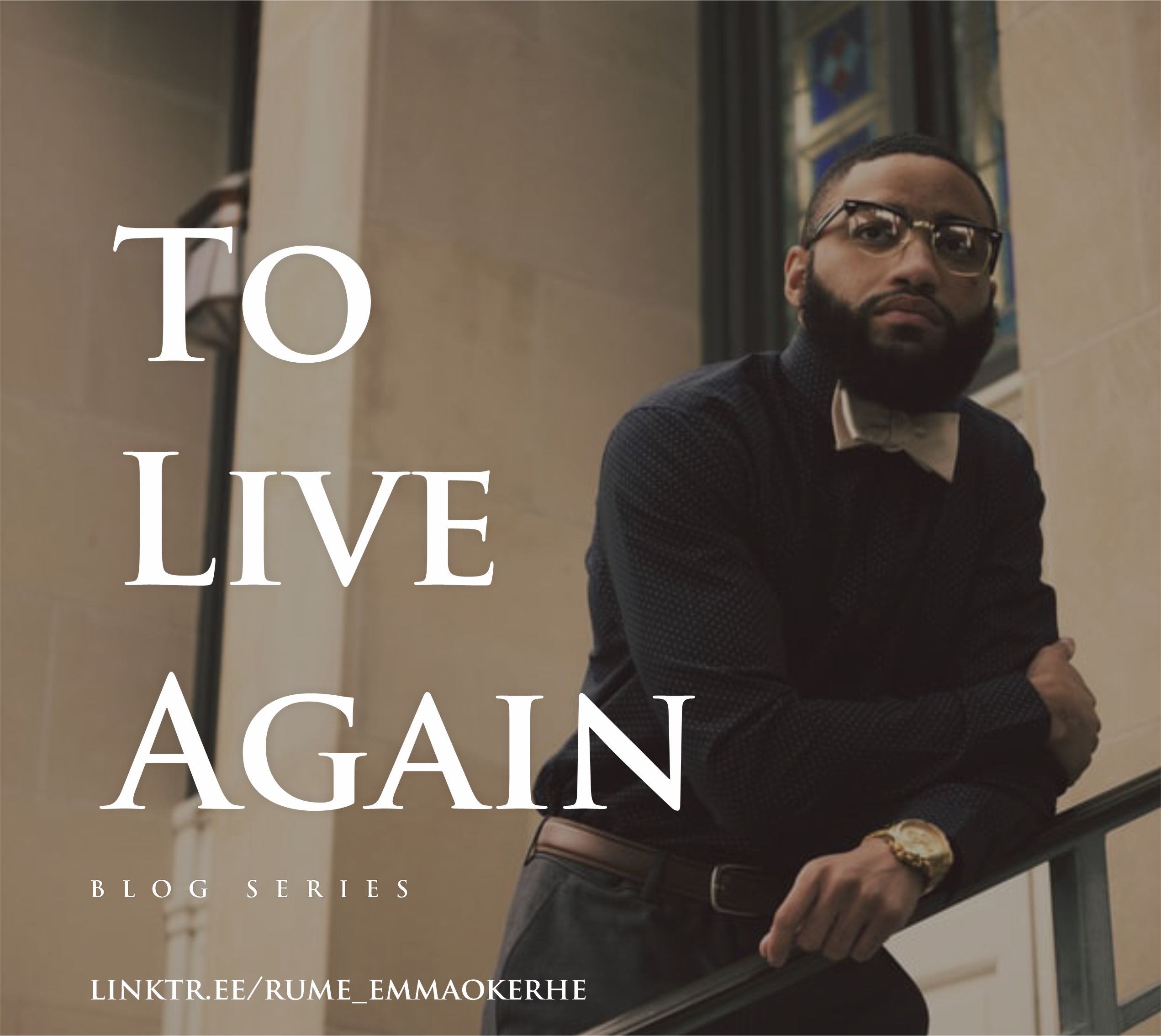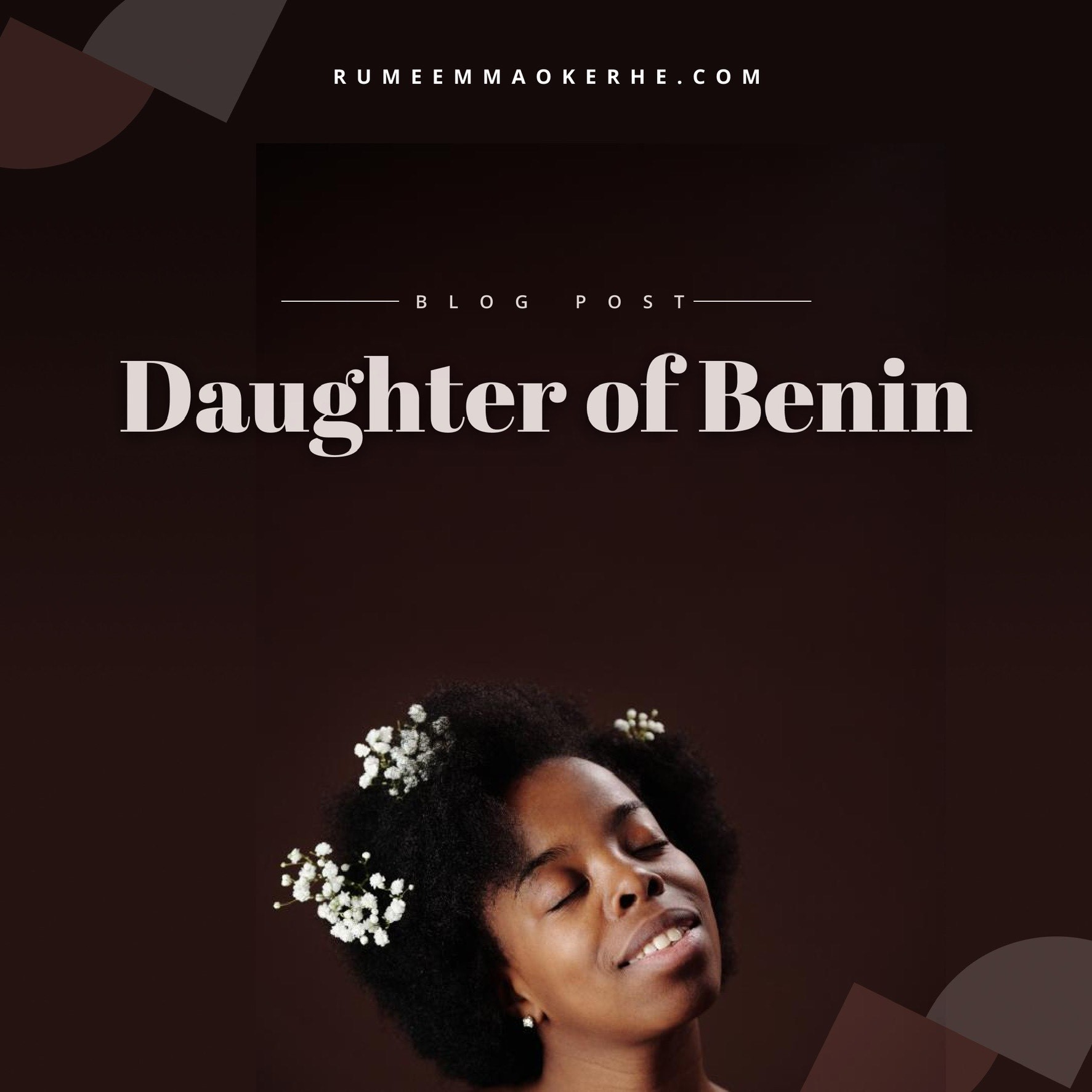
Rains of Mercy
Total Reading Time: 15 minutes Having parents serving in ministry meant being part of kingdom work oneself. As such, Tehillah

Nothing was more chaotic than traffic in Lagos on a Monday morning following a rainy night. Drivers would honk impatiently, bypassing water-filled potholes as medicine sellers perched at corners of bus stops with microphones in hand, boasted of how the drugs they sold at ridiculously cheap prices cured every sickness. Traders hawking almost everything from Gala and Coke to shoe racks and phones, would strut past cars, willing that you patronized them while beggars with heads tilted to the heavens, solicited aid in vague language.
From his Lexus RX 350, Nathan saw a woman struggle to get on a Danfo, a colloquialism for a public bus. She staggered onto the kerb, checked her wristwatch as she regained her balance and shook her head, her expression pained. Before now Nathan had been one to help stranded passengers, but he no longer did since
someone stole his phones from his console.
Nathan’s lane cleared a little, and the car in front moved. A second look at the woman’s distraught face, and Nathan hated that he felt to help her. But hadn’t it been only some years ago he’d been at that side of life – the side he lived hand-to-mouth, unsure where the next meal would come from, or how he’d pay his rent? He could relate too well, he just couldn’t turn a blind eye when he saw suffering, the very circumstance he had raised in as a child. Clearing the passenger’s seat, he beckoned on the woman. The driver behind honked a long, loud horn, and overtook him.
The woman looked uncertain, but she hopped into Nathan’s car, grateful to him for the ride where none was available. “How much is Lekki-Inside, sir?
Nathan waved, dismissing her and explained that he was going to Ikoyi. She could drop at Falomo and find her way from there, they both agreed. Through a side glance, Nathan noticed weary lines on the older woman’s face – more from stress than from age. She had new outgrowths at the base of her wool-twirled hair, and although her slightly oversized top was ironed, and smart, its faded colour indicated overuse. She tapped her fingers on her bag, antsy, checking her phone’s time every now and then and blew air through pursed lips.
“The traffic will clear in no time.” Nathan said, in a bid to encourage her. She thanked him and he focused on the road, hoping that it’d actually. But for the next fifteen minutes they kept crawling on the Third Mainland bridge. He was glad he left home hours before his scheduled meeting. The anxiety of his anticipated contract – the biggest his firm had ever worked on, wanted to get the better of him but he willed himself to be still.
Fireboy’s Scatter played on the radio, and Nathan hummed to it, shaking his head in rhythm. The other day he’d hung out with his friends at the Ikoyi Club, they had teased him of knowing only how to move his head to music but not his whole body.
“Nathan has been stiff as a cow right from time.” Uche had said, sipping a smoothie.
“Na you be cow!” Nathan retorted, chuckling.
“Idiot, see who dey follow me talk.”
An exchange of friendly arguments and insults followed, and Segun and Boniface seated with Nathan and Uche at a round table, concluded that Nathan was worse off at dancing. Nathan had been the bookworm of them all while at the University of Lagos and had been the one to make Architecture look like child’s play. Where they all struggled to get Cs, Nathan aced with scores above seventy. In school they had teased him about his reading too much, but Nathan always reminded himself that unlike his friends, he was of an underprivileged background. The only person Nathan had had was his poor mother selling food in Bariga to keep him in school.
“Don’t follow those your friends oo.” His mum would warn him in his first year when he came visiting with Uche and Boniface. “See how that Uche resemble person wey never see life.”
Nathan would laugh, explaining that Uche and his other friends were hardworking though their soft looks – clean tees, new jeans, and Nokia phones said nothing of their experiencing suffering. Nathan would stay back with his mum after his friends ate their amala and gbegiri and would help her wash the plates and pots. He’d afterwards sweep the space in the open compound where his mother sold, tidy their one-room apartment, while greeting neighbours who had started to sing his new name since gaining admission into the university, “Architect”. Done with his chores, Nathan would ask his mum if she wanted anything else put in place.
His mum had been his superhero. She had single-handedly raised him since losing his father in a car accident. “Mummy don’t stress yourself too much, you hear?” Nathan would say, urging her to rest. “If I am free during the week, I will come to help you again.”
“Don’t come, stay in school and read. Come out with good grades. I can take care of myself. You just make me proud.”
Nathan would hug his mother and she would pray for him, tears sometimes peeling from her eyes. “You will live a better life than mine. All my efforts for you will never be in vain.”
“Amen.” Nathan would smile and comment about a neighbour who meddled more in gossip than she did her business and Nathan’s mum would serve some food in a cooler and ask him to manage it.
“I will, Mummy.”
“Alright, my son. Be good.” She’d reach for his shoulder and give it a light squeeze, before adding her usual line. “Don’t forget to say your prayers.”
Though his mother had so desperately wanted Nathan to believe in Jesus and the Christianity thing, Nathan never really did. Most of his going to Church, belonging to a campus fellowship were to please her by giving affirming answers to unending questions.
Through the years Nathan still questioned the faithfulness of God. How could God be good, but hadn’t even allow him see his father? How could God be good and allow his mother struggle to feed them both? How could God be good yet watch his late father’s family steal his mother’s rightful properties? And how could God be good, yet allow his mother die such painful death without giving her a chance to see him succeed.
The memory of his mother lying at the Lagos University Teaching Hospital came to mind, vivid as though it were only yesterday. He still felt the pain, sharp and hard. And deep within was a hurt at God like that of a child who had been betrayed by a loved one. How his mother still sang “God is good, all the time.” despite their impoverished state and on her sick bed, still confused him. How could God be good when he allowed bad things happen to good people?

Total Reading Time: 15 minutes Having parents serving in ministry meant being part of kingdom work oneself. As such, Tehillah

Total Reading Time: 15 minutes Listen to audio version Frustration burned within Lisa, fervent as the crackling coals at the
23 Responses
Nice one
Thanks Rachael🤗🤗
🙌🙌🙌🙌 wonderful write up!
Good job Rume
Thank you, Simi🤗🤗🤗
A really interesting and captivating piece. Anticipating part 2. Weldone 👏🏾👏🏾
Thank you, Salewa🤗🤗🤗
Wow…thumbs up Rume. I enjoyed it.
Thank you, Jolaade🤗🤗🤗
Really captivating. Please don’t keep us hanging for too long.
Thank you, Enioluwa🤗🤗🤗
Beautiful! Gladly awaiting the next episode.
Thank you, Samuel🤗🤗
Really nice , Rume…we are waiting for the next episode…
Thanks Timi🤗🤗🤗
Really nice
Weidlone
Thank you, Ufomma🤗🤗
👏. It stopped so soon,I was already getting engrossed in it.
I’m anticipating the next part.
Part two will be out this Friday😊🤗🤗
Good read👏👏 can’t wait for the next episode
Thanks Damytsparkle🤗🤗
I love as you are gently easing us into Nathan’s story and I could palpate his pain just by reading..More strength sis..God bless you..we await the next one…always a fan..
Aww, amen. Thanks Tosin🤗🤗
It was a good read…. 🙌🏽